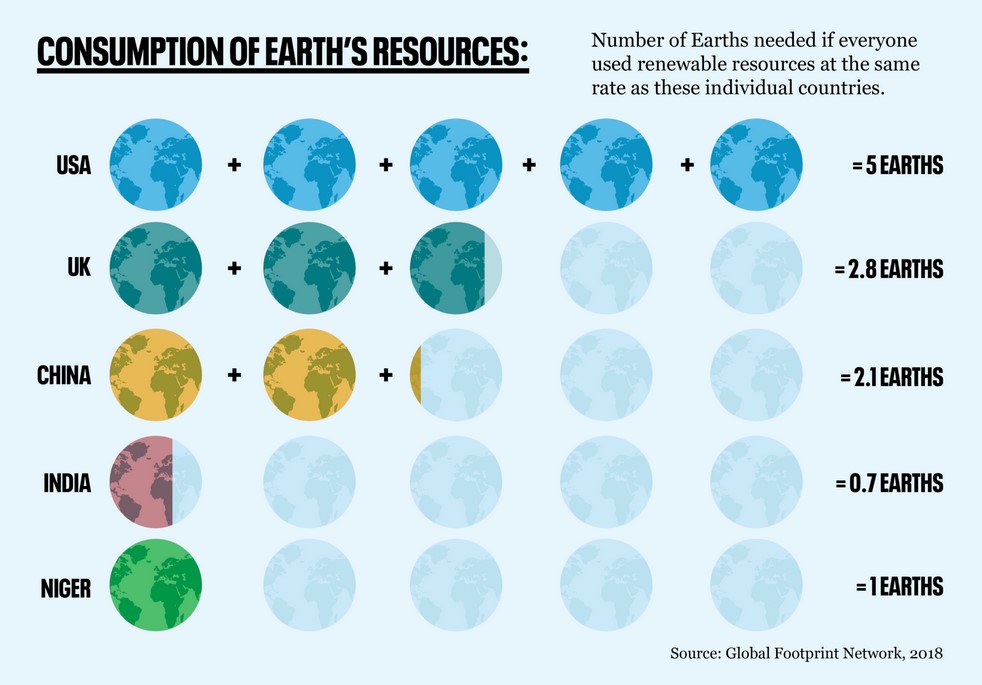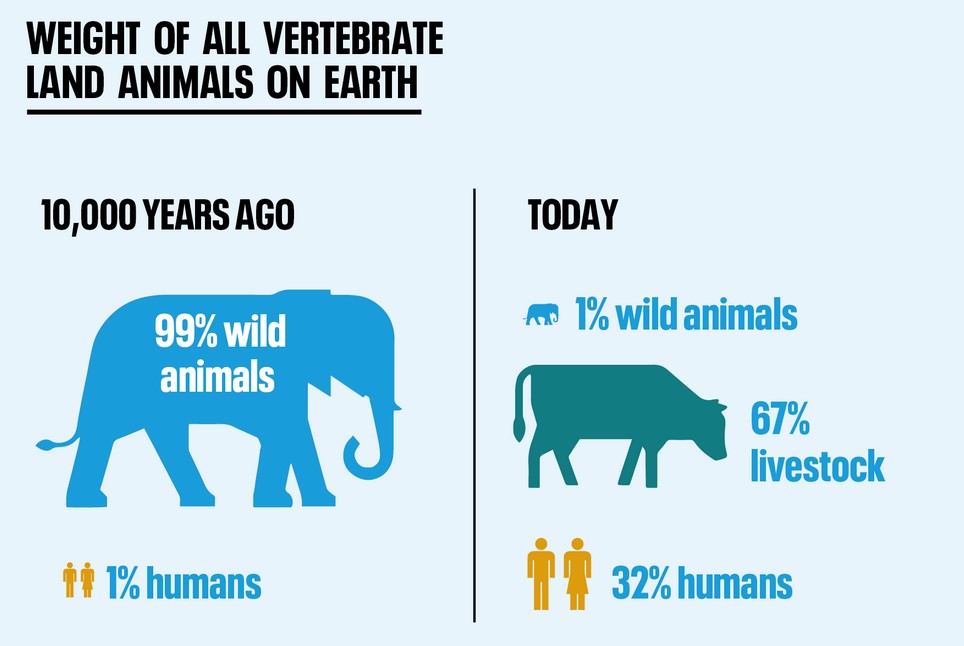Mariner is a decrepit old man. It seems the medical industry does not understand that a different set of ailments and treatments exist for the ancient class. He admits he has some ire about the situation so he let Amos write this post. Mariner has edited out foul language and libelous accusations:
֎ The suspicions began in 2006. Mariner’s brother went into the hospital to receive a pacemaker. While he was hospitalized, he contracted Clostridioides difficile or shortened, C-Diff. It is a bacterial infestation that attacks the large intestine, causing 10-15 bowel movements per day and loss of body water. For the worst cases, death is the only outcome. His brother went to a hospice for a few months then passed away. On his death certificate, it said cause of death was “kidney failure”. No, it wasn’t kidney failure, it was C-Diff!
Mariner suspects the medical industry uses this misstatement policy to avoid lawsuits. After all, it is general knowledge that C-Diff most often is contracted in hospitals.
֎ The job of primary care physicians (PCP) is to sell prescriptions and placate the patient’s anxiety. PCPs never fix anything. ‘Fix’ means heal it, symptoms gone, life returns to normal. Prescriptions often may influence physical disability but never fix it.
֎ Chiropractors are a lot like PCPs. They focus on joints and do a great job of making the patient feel better for awhile. But the patient will be back with the same ailment. It wasn’t fixed. In ancient patients, sometimes chiropractors branch out into special treatments almost like astrology. Still, nothing is fixed.
֎ PCPs often will send the patient to a ‘specialist’. Common examples are pulmonologist, cardiologist, ear-nose-and-throat, allergist, urologist . . . The specialist has a better set of prescriptions because they are limited to the special treatments the specialist will provide. Specialists may even offer minor surgery. Still, there may be a small improvement but it isn’t fixed. The patient is stuck with a lifelong dependency on the specialist – because the disability will never be fixed.
֎ Physical therapists are another specialty where being fixed is not an option. Mariner offers a personal experience: Told to visit a physical therapist by his PCP, he went to a hospital with all the equipment and routines necessary. First, he was guided to a swimming pool where he was to walk back and forth in waist-deep water. “Wouldn’t it be more effective if I swam?” he asked. “No, we don’t want you to hurt yourself.” was the response.
Then mariner was led to a gym with all the typical equipment. He was asked to step sideways along a bar and ‘to hold on’. After that, he was taken to a wall contraption with blue stretch straps he was to pull toward his chest. Finally, he asked when the therapy would begin, you know, sit-ups, weight lifts, deep squats. “Oh”, she said, You must be one of those ‘all in or go home’ types.” So he went home.
֎ Surgeons. Like just about every old folk, mariner has back problems. There are many ways to improve things with different types of surgery. Mariner did not hold back and went to an internationally known clinic. After dozens of tests and interviews, the final analysis was that four surgeons sat with him, each offering one of four options. One was needles, one was braces, one was intervertebral repair (disc), and one was welding vertebra together. Every one of the surgeons cited high risk of failure and restrained physical ability afterward. None would say it would be fixed. So he went home.
Being fixed by medical treatment is not an option.
Ancient Mariner



